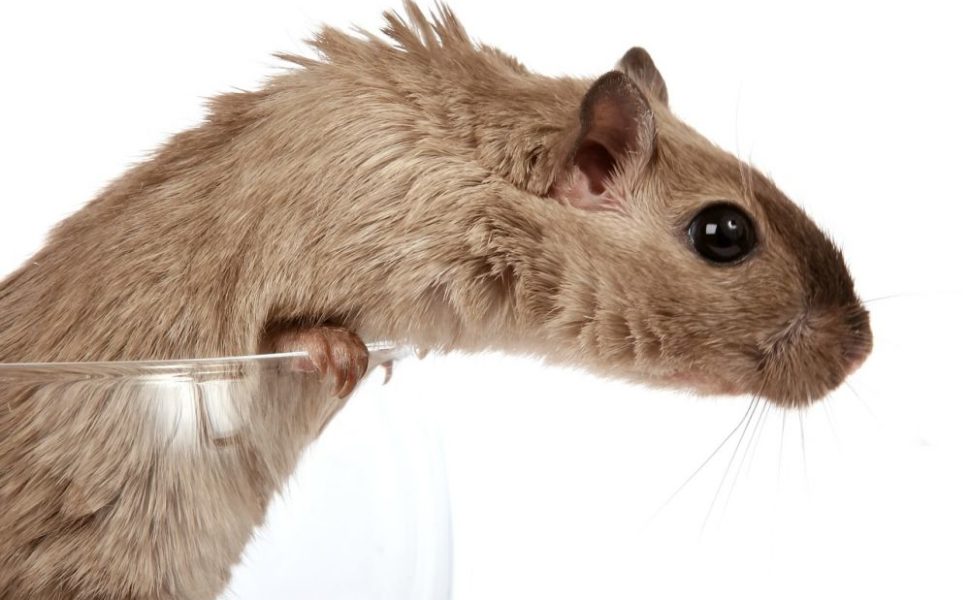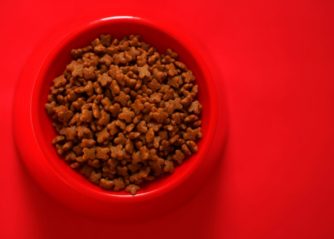Hamster Fat: A Comprehensive Guide to Understanding and Choosing the Right Type

Introduction
Hamster fat is an essential dietary component that plays a crucial role in maintaining the health and well-being of our beloved furry friends. In this article, we will delve into the world of hamster fat, exploring its various types, popular choices, and quantitative measurements. We will also discuss how different types of hamster fat differ from one another, provide a historical overview of the advantages and disadvantages of each type, and ultimately help you choose the best hamster fat for your little companion’s needs.
Presentation of Hamster Fat

Hamster fat, also known as hamster oil, is a concentrated source of energy and vital nutrients that hamsters require for their daily activities and overall health. It is derived from various sources, including seeds, nuts, and animal products. Popular types of hamster fat include sunflower oil, coconut oil, flaxseed oil, and insect-based oils.
Sunflower oil is one of the most commonly used hamster fats due to its high polyunsaturated fatty acid content, which is essential for a hamster’s growth and development. Coconut oil, on the other hand, offers a unique combination of saturated and medium-chain triglycerides, providing quick bursts of energy for your furry friend. Flaxseed oil, rich in omega-3 fatty acids, is a popular choice to promote healthy skin and a shiny coat. Insect-based oils, such as mealworm oil, are gaining popularity for their high protein content that aids muscle development.
Quantitative Measurements of Hamster Fat
When it comes to measuring hamster fat, it is essential to consider the proportion of omega-3 and omega-6 fatty acids. The ideal ratio for hamsters is approximately 1:5, ensuring a balanced intake of both types. Additionally, hamster fat should have a low cholesterol content to prevent potential health issues.
For example, a 100g serving of sunflower oil contains approximately 50g of omega-6 fatty acids, making it an excellent choice for meeting a hamster’s nutritional needs. Coconut oil, with its high saturated fat content, should be introduced in smaller quantities, while flaxseed oil should be supplemented in moderation due to its potential laxative effects.
Distinguishing Different Types of Hamster Fat
Each type of hamster fat offers unique benefits and considerations. While sunflower oil provides a balanced intake of omega-3 and omega-6 fatty acids, coconut oil is an excellent choice for quick energy bursts. Flaxseed oil promotes healthy skin and coat, and insect-based oils contribute to muscle development.
Moreover, some hamster fats may have additional features, such as vitamin E supplementation or added antioxidants. These can have extra health benefits, but it’s crucial to carefully read the product labels and consult with a veterinarian for any specific dietary requirements your hamster may have.
Historical Overview of Pros and Cons of Hamster Fat
Over the years, hamster fat has evolved, offering various advantages and disadvantages. Traditional sources of hamster fat, such as seeds and nuts, have been replaced by more specialized products like insect-based oils. While these modern options offer higher protein content, they may also come with a higher price tag. Additionally, some hamsters may have specific dietary needs or sensitivities, making it vital to consider individual requirements when choosing the right hamster fat.
Conclusion
Understanding the importance of hamster fat and making informed choices is crucial for the overall health and well-being of your hamster. By exploring the various types of hamster fat, their benefits, and their historical context, you can ensure that your furry friend receives the appropriate nutrients and dietary support. Remember to consult with a veterinarian for personalized recommendations, and always prioritize your hamster’s individual needs.
















































